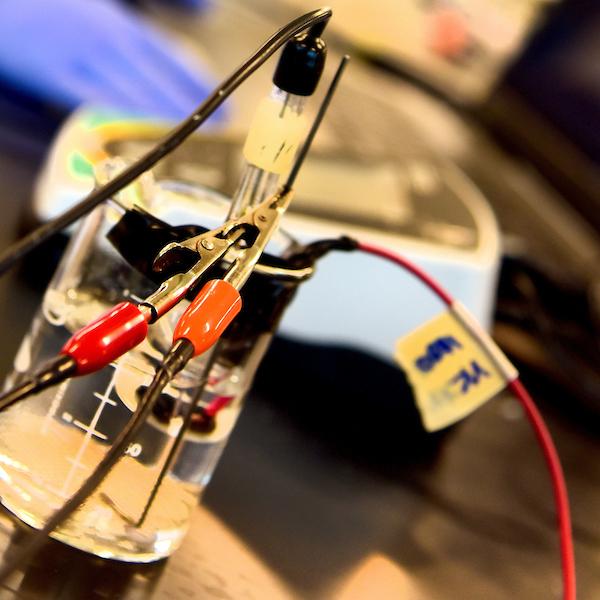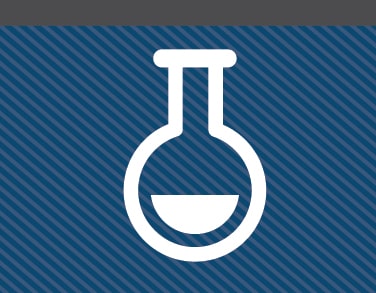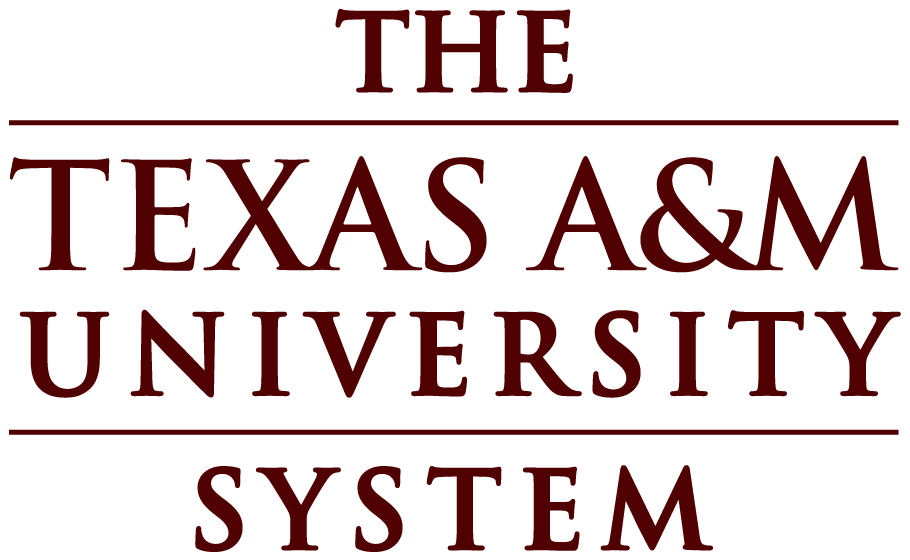Summary

Through research, education and training, the National Corrosion and Materials Reliability Lab (NCMRL) provides solutions to the corrosion needs of industry and government in order to maximize asset life, production efficiency and worker safety. The goal is to preserve and extend the integrity of the structures, such as buildings, bridges, pipelines, roads, ports and off-shore platforms that can be continuously occupied and operational during the entire design life of current or new civil infrastructures. The NCMRL conducts state-of-the-art research, development, testing and assessment of corrosion-resistant materials, corrosion mitigation strategies, corrosion sensors and asset life prediction tools.
Research
- Development, testing and assessment of corrosion-resistant materials, corrosion mitigation strategies, corrosion sensors and asset life prediction tools.
- Combining basic research with investigations focused on specific technical problems in materials degradation, durability, reliability, and integrity.
- Atmospheric corrosion: perform standard and custom experiments simulating extreme weathering conditions and is used to test coating systems as well concrete. Equipped with 2 Fog chamber LF 8151 QS Model test chambers, which can be instrumented for electrochemical evaluation.
- Coating system evaluation and testing: equipped with state-of-the-art electrochemical instrumentation capable of measuring the extreme small currents typically found in coating system evaluation.
- General corrosion severity evaluation to characterize the materials response to corrosive environments reproduced in laboratory conditions.
- Extreme service conditions materials selection: study corrosion mechanisms and materials performance in extreme service conditions such as supercritical CO2, environments containing H2S, high pressure and temperature exposure conditions. The NCMRL is certified to work with H2S and the equipment and instrumentation allows to evaluate high pressure and temperature conditions.
Capabilities
- Atmospheric Corrosion
- 2 Fog chamber LF 8151 QS Model test chambers, which can be instrumented for electrochemical evaluation
- Advanced surface electrochemistry characterization
- Scanning Kelvin Probe
- Scanning Vibrating Electrode Technique
- Localized Electrochemical Impedance Spectroscopy
- Scanning Electrochemical Microscopy
- Benchtop scanning electron microscope JCM 600 Plus Model
- Inverted metallurgical microscope equipped with a camera Eclipse MA 100 Model
- Macroscope equipped with a camera SMZ 745T Model
- Upright metallurgical microscope equipped with a camera
- Coating system evaluation and testing laboratory
- Gamry Reference 600 potentiostats
- Gamry 600+ potentiostats
- Faraday cages (custom made)
- Suitable coating testing cells (Gamry model)
- Cortest type Proof rings adapted for electrochemical testing
- Miniflow loop (10 lt/min ) with tests cells adapted for electrochemical and MIC evaluation
- General corrosion severity evaluation
- Pine rotating disk / cylinder electrodes systems (Bi-potentiostat control)
- Thermostatic control equipment and three electrode cells of different custom configurations
- Extreme service conditions materials selection laboratory
- Cortest Autoclave with 5 lt capacity, made with Hastelloy C-2000, rated at 6000 psia and 350F, this autoclave can operate as exposure weight loss or electrochemical testing configuration
- Cortest electrochemical Autoclave system, with 1 lt capacity and with 3 electrode probes, rating 3000 psia at 600F, vessel made from Hastelloy C-2000
- CERT frames capable up to 10.000-pound force. This are instrumented to perform slow strain rate, constant load and ripple testing following applicable standards
- CERT high pressure testing frame equipped with a C-2000, 1 lt capacity autoclave designed for electrochemical testing and pressure rings to support a tensile test. This frame can also perform slow strain rate, constant load and ripple load testing
- Gamry 600+ and Interface 1000 potentiostats, and ancillary equipment to develop electrochemical testing at room conditions with thermal control. The tests can be performed with H2S/CO2 simulating sour environments
- Hydrogen permeation electrochemical cells (Devanathan - Starchuski type) for study of hydrogen diffusivity at room conditions following ASTM G148 or under CO2/H2S conditions simulating sour environments
See us in action
Lab Supervisors:

Dr. Homero Castaneda-Lopez
Lab Supervisor, Professor, Materials Science & Engineering, Texas A&M
[email protected]
979-458-9844







